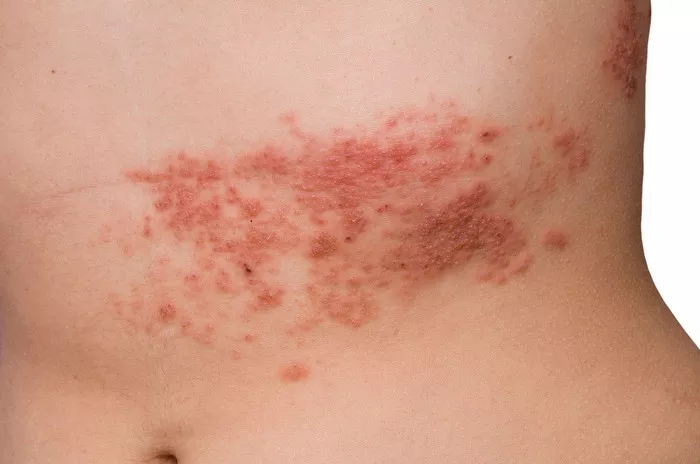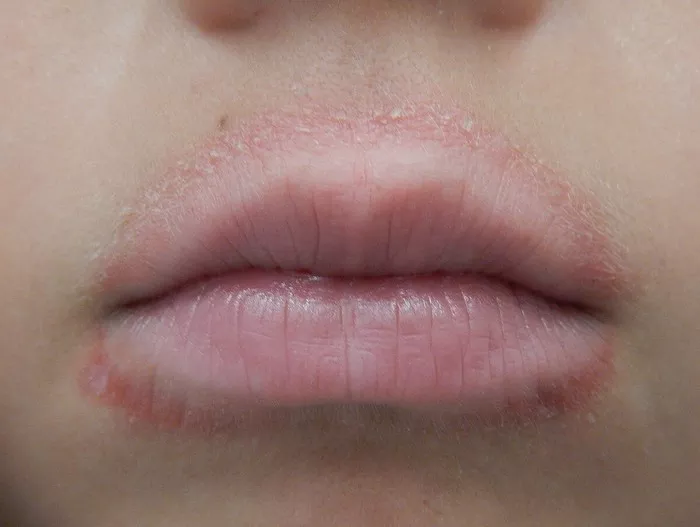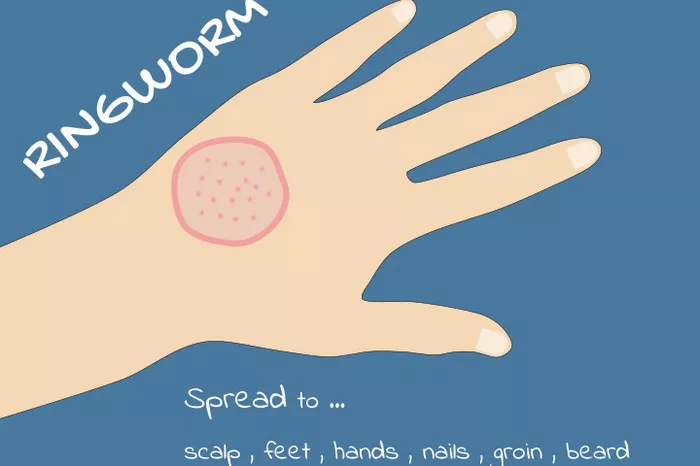Shingles, also known as herpes zoster, is a painful rash that typically appears on one side of the body or face. It is caused by the reactivation of the varicella-zoster virus, the same virus that causes chickenpox. Once someone has chickenpox, the virus remains dormant in the nerve cells and can reactivate later in life, leading to shingles. Acyclovir is one of the most commonly prescribed antiviral medications to treat shingles. But how effective is it, and how does it work?
What Is Acyclovir?
Acyclovir is an antiviral medication that works by stopping the replication of viruses. It is primarily used to treat infections caused by the herpes simplex virus (HSV) and the varicella-zoster virus (VZV). This includes conditions like cold sores, genital herpes, and shingles. Acyclovir is available in different forms, including tablets, capsules, topical creams, and intravenous (IV) formulations.
How Does Acyclovir Work for Shingles?
Acyclovir works by inhibiting the replication of the varicella-zoster virus, which is the cause of shingles. It targets an enzyme that the virus needs to replicate. Without this enzyme, the virus cannot multiply and spread, allowing the body’s immune system to combat the infection more effectively.
When taken early in the course of shingles, acyclovir can help reduce the severity and duration of the symptoms. It is particularly effective in reducing the pain and preventing complications that may arise from shingles, such as postherpetic neuralgia (PHN).
How Is Acyclovir Used for Shingles?
Acyclovir is most effective when started within 72 hours of the onset of the shingles rash. The medication can be administered orally (as a pill or liquid), topically (as a cream or ointment), or intravenously in more severe cases.
Oral Acyclovir
Oral acyclovir is the most common treatment for shingles. It comes in tablet or liquid form and is usually taken several times a day. The typical dosage and duration of treatment depend on the severity of the shingles outbreak, but most people take acyclovir for about 7-10 days.
Topical Acyclovir
Acyclovir in the form of a cream or ointment can be applied directly to the rash. However, topical acyclovir is generally less effective than oral treatment, especially for reducing pain. It may help with the healing of the skin lesions and prevent further outbreaks, but it is not a substitute for oral antiviral therapy.
Intravenous Acyclovir
In more severe cases of shingles, such as when the virus affects the eye or causes widespread infection, acyclovir may be administered intravenously. This method delivers the medication directly into the bloodstream, allowing it to work more rapidly and effectively in treating the infection.
How Effective Is Acyclovir for Shingles?
Acyclovir is effective in treating shingles, but it works best when it is started early. Research shows that when taken within 72 hours of the rash appearing, acyclovir can:
- Reduce the severity and duration of the rash
- Decrease the pain associated with shingles
- Shorten the healing time for the lesions
- Lower the risk of developing postherpetic neuralgia (PHN)
PHN is a complication that can occur after a shingles outbreak, causing nerve pain that persists for months or even years. Acyclovir helps reduce the chances of developing PHN, but it does not eliminate the risk entirely.
Who Should Take Acyclovir for Shingles?
Acyclovir is recommended for most people with shingles, but it is particularly beneficial for certain groups, such as:
People Over 50 Years Old: Shingles is more common and often more severe in older adults. Acyclovir can help reduce the severity of the infection and decrease the risk of complications like PHN.
People with Weakened Immune Systems: Individuals with compromised immune systems, such as those undergoing chemotherapy or living with HIV/AIDS, may experience more severe cases of shingles. Acyclovir can help prevent the virus from spreading and reduce the severity of the infection.
People with Severe Shingles or Eye Involvement: If shingles affects the eyes, acyclovir is often prescribed intravenously for better results. This is important because shingles can lead to serious eye complications, including blindness.
People Who Experience Painful Shingles: For those with significant pain, acyclovir can help reduce pain and shorten the duration of the outbreak.
When Is Acyclovir Not Recommended for Shingles?
While acyclovir is generally safe and effective for most people with shingles, there are some situations where it may not be recommended:
People Allergic to Acyclovir: If you have a known allergy to acyclovir or any of its components, you should not take the medication. Allergic reactions can range from mild rashes to more severe reactions, such as difficulty breathing.
Pregnant or Breastfeeding Women: Although acyclovir is classified as a pregnancy category C drug (meaning it may not be safe during pregnancy), it is sometimes prescribed when the benefits outweigh the risks. If you are pregnant or breastfeeding, consult your doctor to discuss the potential risks and benefits of taking acyclovir.
People with Kidney Problems: Acyclovir is primarily excreted by the kidneys, so people with kidney disease or impaired kidney function may need a lower dose or may not be able to take acyclovir at all.
Possible Side Effects of Acyclovir
Like all medications, acyclovir can cause side effects, although not everyone experiences them. Common side effects include:
Nausea and Vomiting: Some people may feel nauseous or vomit after taking acyclovir.
Headache: Acyclovir can cause headaches, especially when taken for a prolonged period.
Diarrhea: Gastrointestinal symptoms like diarrhea may occur with acyclovir.
Fatigue: Some individuals may feel unusually tired or weak.
Rash or Itching: Acyclovir can sometimes cause a rash or itching.
In rare cases, more serious side effects can occur, including kidney problems, confusion, or hallucinations. If you experience any severe side effects, contact your healthcare provider immediately.
Can Acyclovir Prevent Shingles?
Acyclovir is not a preventive medication for shingles. Once you have had chickenpox, the varicella-zoster virus stays dormant in your body and can reactivate at any time to cause shingles. However, acyclovir can help prevent complications and reduce the severity of the infection once shingles occurs.
There is another medication, called the shingles vaccine (Zoster vaccine), which can help prevent shingles. The vaccine is recommended for adults over the age of 50, even if they have already had shingles. It is a one-time vaccine that can help reduce the likelihood of an outbreak and lower the risk of complications like postherpetic neuralgia.
Other Treatments for Shingles
While acyclovir is the primary antiviral treatment for shingles, other treatments may be prescribed to manage symptoms:
Pain Relief: Shingles can be very painful. Over-the-counter pain relievers like ibuprofen or acetaminophen may help. In some cases, stronger medications like opioids or nerve pain medications (e.g., gabapentin) may be necessary.
Topical Treatments: Topical creams, such as lidocaine or calamine lotion, may be used to soothe the rash and reduce itching.
Steroids: In some cases, oral corticosteroids may be prescribed to reduce inflammation and pain, especially if the shingles rash is severe.
Conclusion
Acyclovir is an effective antiviral medication that is commonly used to treat shingles. It works by inhibiting the varicella-zoster virus from replicating, which helps reduce the severity and duration of the infection. Starting acyclovir early (within 72 hours of the rash appearing) can provide the best results in terms of reducing pain and preventing complications like postherpetic neuralgia.
If you develop shingles, it’s important to consult with your healthcare provider to determine the best course of treatment for you. In addition to acyclovir, pain management and other treatments may be necessary to help with the symptoms. By taking the right medications and following a proper treatment plan, most people recover from shingles without long-term complications.
Related topics:


























